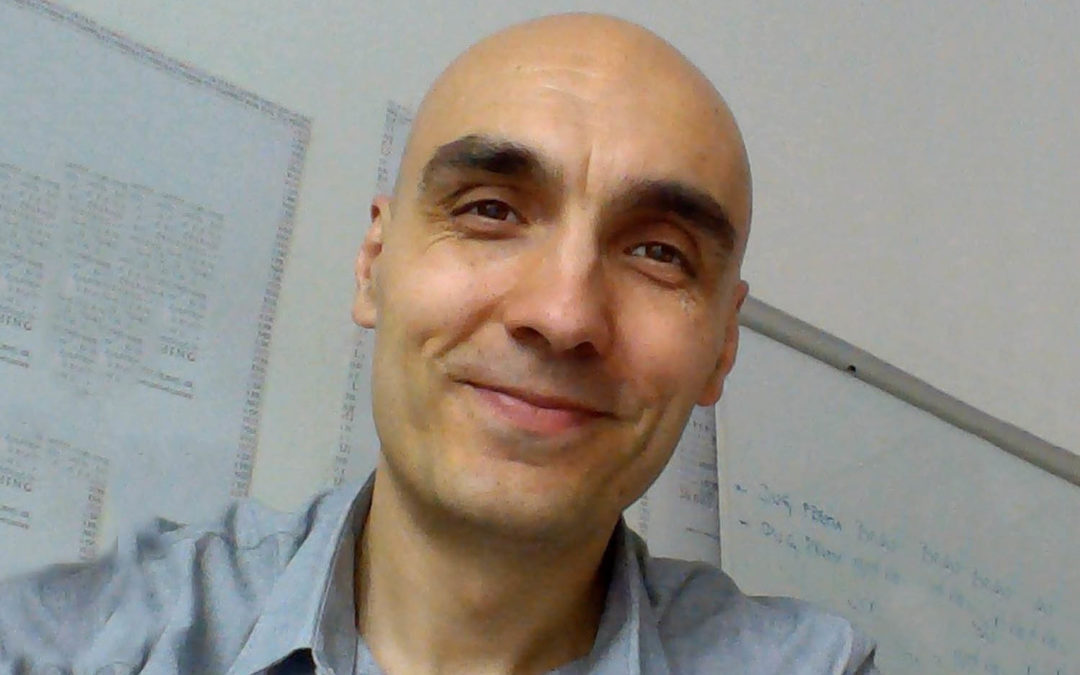I was looking forward to my first participation at the FST Conference. I was not sure what to expect and it turned out to be – my cup of tea. A balanced mix of theologians ready to put the theology into service to the church and world, and Christian practitioners ready to undergo mental “therapy” so that their work in the gutter stay undergirded and stirred by theological thickness and robustness. On the top of that, camaraderie sprinkled the time throughout.
As for the strongest impressions from FST 2018, those stuck with me; and if they are with you several months after they were made, it says about their “ever-greenness”.
Being myself happily crucified between the pastoral vocation and the full-time Christian humanitarian/development work (in ADRA), Dr Vladimir Ubeivolc`s presentation Compassion, Witness and Transformation resonated with me. Especially the following thought: “Working with a target group is what we actually do, our activities. But our mission (for example social transformation) is different. So, our mistake is that our activities are not really contributing to our mission.” What I am learning in my present occupation is monitor and measure impact in relation to the ultimate mission, not leave it hanging in the air. This is as important as it is hard to establish as habituated practice.
Vladimir shared another important insight (from my notes): Examples of transformed communities is that sometimes or in all cases they, after becoming transformed, withdrew from larger society. Examples of Amish, Brethren, Mennonites communities. And my question: why is it so? My faith community`s historical records could confirm this. Why is it so?
Dr Johannes Reimer`s Social Transformation, Reconciliation and Healing of Memories had more than a few points I felt hitting very close to my home. Especially the following (again, from my notes): “In 1961 the Ecumenical Council started a ‘humanisation project’. Evangelicals didn`t join in. Evangelicals offered an alternative: evangelize the world. Success in the south. Societies, however, became worse. Evangelization as such has not socially transformed society!”
Well, I unwillingly and strongly nodded because, what else to do? The truthfulness of the statement is so obvious, isn’t it? From one side, the secularized project for “saving” the world epitomized in the SDG (Sustainable Development Goals), has been something all possible actors subscribed for – from the UN all down to grass-roots faith-based civic society organizations (CSO). Now, no one of a sound mind would object to the SDG as such. However, speaking from the standpoint of the Christian mission – which entails the church proper and all its ministries, humanitarian and development agencies, CSOs, that framework is not robust enough and is reductionist. “Reconciliation” of the world with their God must be the goal of the Christian project of social transformation. While endorsing SDG, and keeping the developmental from the evangelization part both separate and organically linked at the same time, let us aim at balance. As far as my faith community is concerned, and as much as I can see, we are yet to learn to find ways to be both reconciliatory and making reconciliation bring shalom, the measurable shalom, to our communities.
Lastly, Dr Annette Glaw`s choice of topic for wrapping up the event – dealing with the Sabbath and the unforced rhythm of work and rest – literally hit home. Being part of the community which takes the literal seventh-day Sabbath seriously, in a corporate, communal sense, I was propelled to think about two specific things. First, the Seventh-day Adventist (SDA) church is probably the largest Christian denomination observing the seventh-day Sabbath, which kind of makes it obvious that the accumulated know-how and first-hand insights in the gift that Sabbath is would proliferate and then be made available for service to all the other pilgrims, brothers and sisters from the Abrahamic religions. However, I would like to see more of those produced and shared. (Lost Meaning of the Seventh-day being one of a few examples.) Second, Sabbath is obviously existentially needed today. One cannot waste an opportunity to cross-fertilize and learn as much as possible about this spiritual discipline from each other. So, who knows, a dash of Heschel, a drop of Swoboda, a stir of Brueggemann, with few sprinklings of Davidson and Tonstad could turn Sabbath into a delicious meal for everyone, couldn’t it?

